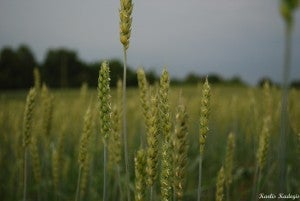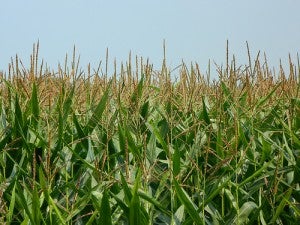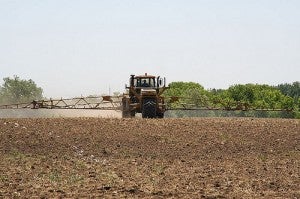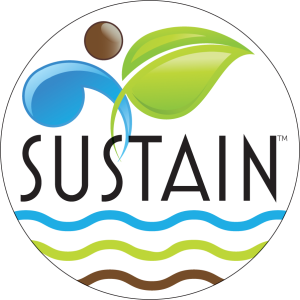Corn is trying to fight this summer’s extreme weather, and unfortunately, the weather is winning.
There are serious floods in the Midwest, devastating droughts in California, and brutal heat waves along the eastern seaboard. Ohio for example had a record June rainfall of 11 inches, which stunted corn roots and prevented many growers from planting any corn crops. In Northwest Ohio alone, 100,000 acres were left unplanted. At the same time, places in my home state of North Carolina experienced a June heat wave during the critical corn pollination period, significantly damaging corn yields.
These extreme weather events leave many farmers searching for ways to make the best of a challenging growing season. Although June’s weather was the opposite in Ohio and North Carolina, cover crops offer a proven solution to deal with both conditions. Read More




